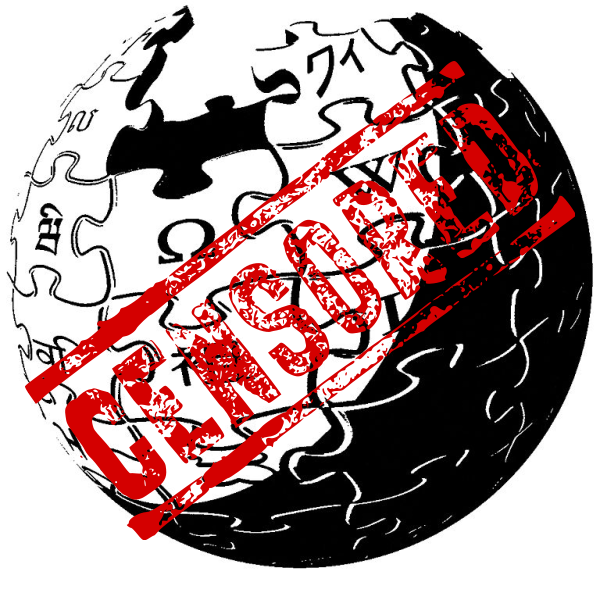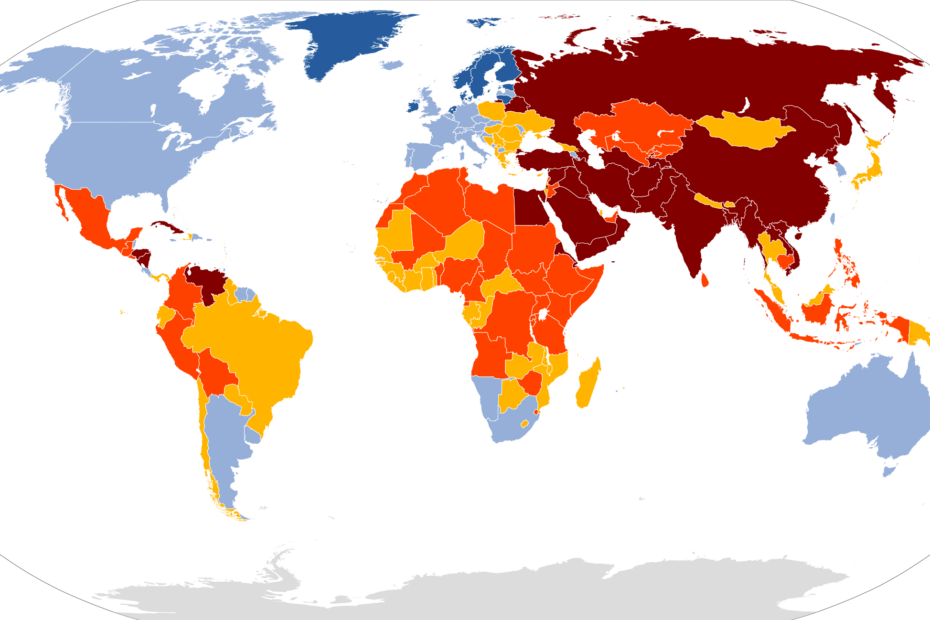
Benh LIEU SONG (Flickr), CC BY-SA 4.0, via Wikimedia Commons

Stefan Krause, Germany, FAL, via Wikimedia Commons

Michael S Adler, CC BY-SA 4.0, via Wikimedia Commons

NASA Goddard Space Flight Center from Greenbelt, MD, USA, Public domain, via Wikimedia Commons

Markus Trienke, CC BY-SA 2.0, via Wikimedia Commons

JohnDarrochNZ, CC BY-SA 4.0, via Wikimedia Commons





